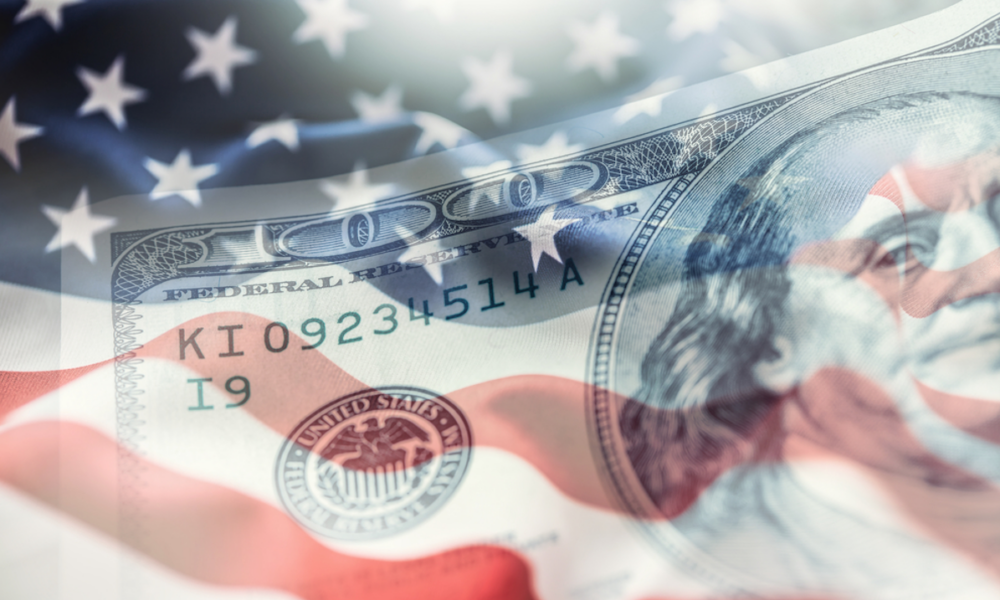Regulation
Everything you probably didn’t know about public holidays

July 4th is one of the 11 public holidays observed in the USA.
And yet: Even though branches are closed, digital channels remain accessible, meaning the holiday, which dates back to 1870, is not really a total shutdown of the financial services sector. ATMs still work. Apps still work. P2P payments still work.
The initial quartet
There were four original federal/banking holidays, including New Year’s Day, Independence Day, Thanksgiving Day, and Christmas Day, following acts of Congress in 1870. The United States took its cue from decades of holidays across the Atlantic, where the Bank of England had declared dozens of bank holidays on which banks were closed, tied to all manner of Christian holidays. By the 1870s, there were fewer than half a dozen banking holidays in the United Kingdom.
The Federal Reserve’s holiday schedule imposes closures in the United States. The holidays, as they currently stand, include New Year’s Day, Martin Luther King Jr. Day, Washington’s Birthday (Presidents’ Day), Memorial Day, Juneteenth, July 4, Labor Day, Columbus Day, Veterans Day, Thanksgiving, and Christmas Day. In the event that one of these holidays falls on a Saturday, banks will still be open on Friday. But in the event that the holiday falls on a Sunday, banks will be closed the following Monday.
What is affected
While online channels are still operational, as noted above, there are still delays in some of the most basic banking functions. And these delays are not “resolved” until the next business day.
We’re thinking here of direct deposits, most commonly. With the Fed closed, transactions aren’t posted until the day after a holiday. This, of course, means paychecks and welfare payments are effectively “staggered” until banking resumes in full force and processing is complete. The same goes for bill payments and ACH transactions. The old practice of carrying cash is especially appealing during holidays, as is scheduling pending transactions to “arrive” in accounts the following business day.
The “other” holidays
There is another type of bank holidays, which are not necessarily quiet. We are talking here about bank holidays during which banks may be closed to avoid bank runs and bank failures. The Fed’s website notes that In the dark days of the Great Depression, and for an entire week in March 1933, all banking transactions were suspended under the directive of President Franklin D. Roosevelt.
FDR Proclamation demanded that “No banking institution or branch shall deposit, export, appropriate, or permit the withdrawal or transfer in any manner or by any means, of gold or silver coin, bullion, or currency, or take any other action which may facilitate the hoarding thereof; no banking institution or branch shall deposit, make loans or discounts, deal in foreign currencies, transfer credits from the United States to any place abroad, or transact any other banking business whatsoever.” This measure was taken in response to thousands of bank failures.
See more in: ATMs, Holidays, banking, banking history, Banks, Species, Digital Banking, direct deposits, FDR, federal reserve, July 4th, vacation, Independence Day, fourth of july, Main feature, News, PYMNTS News
